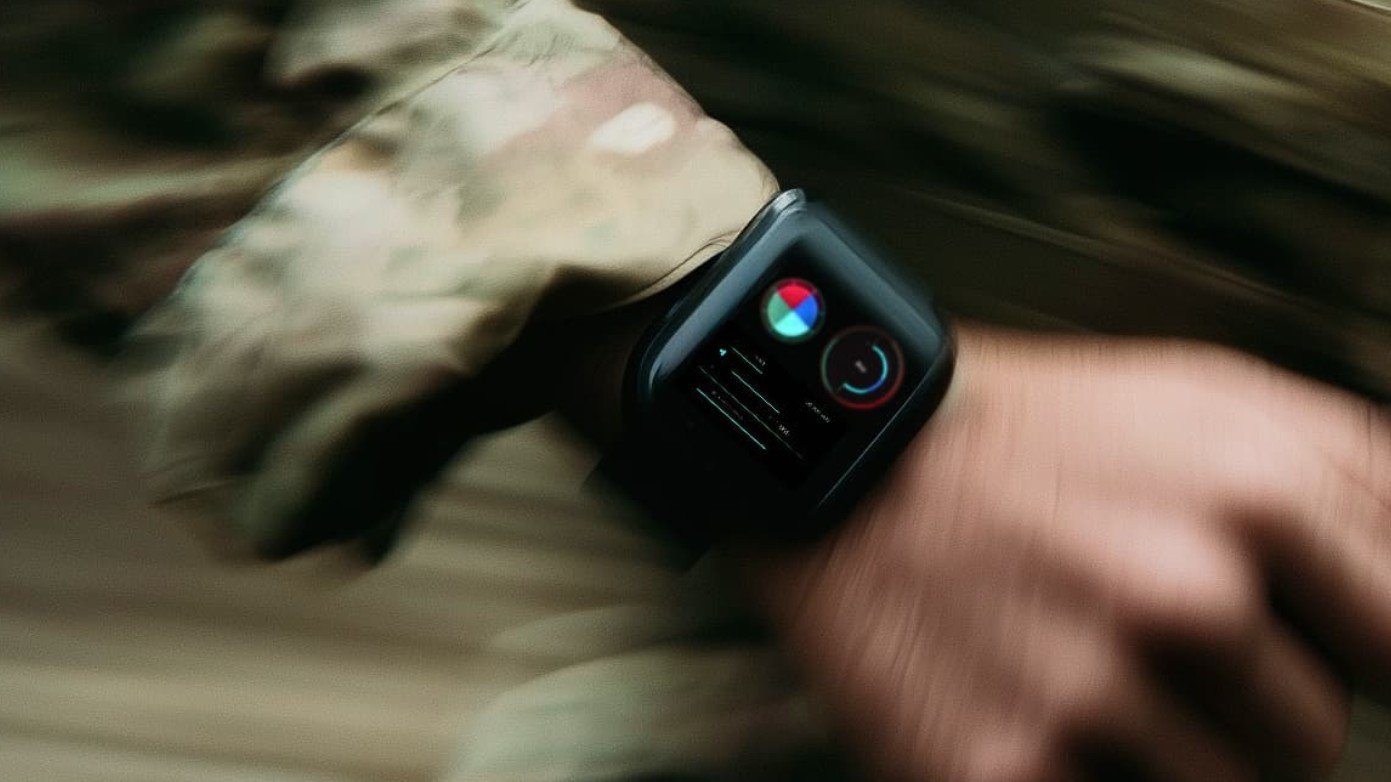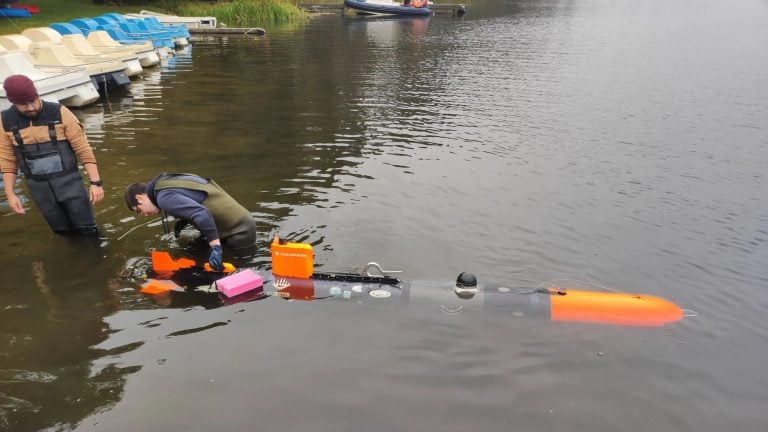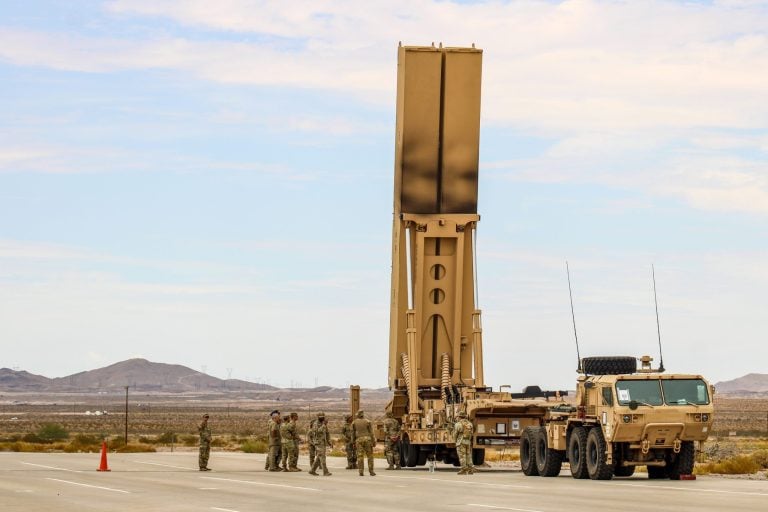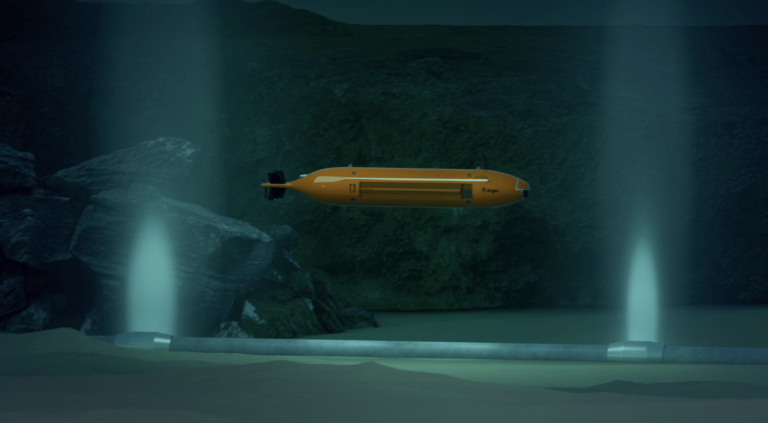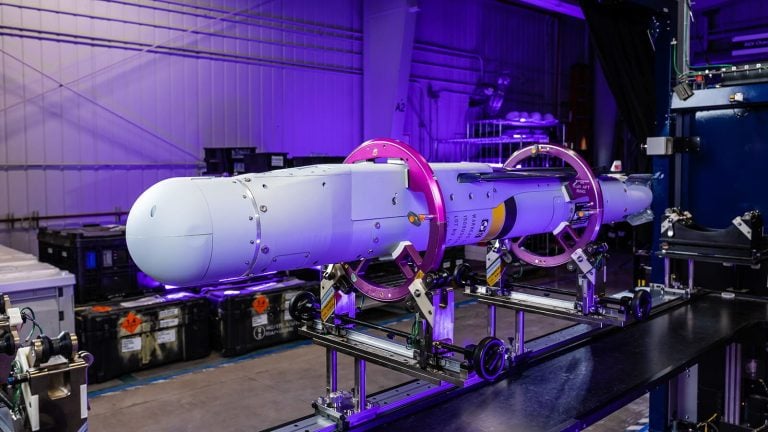A Finnish startup, Agate Sensors, has been awarded an innovation contract by Sweden to test its cutting-edge wearable technology aimed at monitoring human performance in challenging defense settings. This initiative marks a significant step for the company as it embarks on its first venture within the defense sector.
The technology utilizes advanced optical sensors that are capable of gathering real-time data on an individual’s physical responses and situational stress. This data is crucial for supporting decision-making processes in high-risk military operations. The project is part of a program under the Swedish Defence Materiel Administration, where Agate Sensors will collaborate with defense and industry experts on a proof-of-concept initiative that is expected to extend until March 2026.
Chief Business Officer Mikael Westerlund emphasized the groundbreaking nature of this project, stating that it represents more than just a minor enhancement—he sees it as a transformative capability that can fundamentally alter how defense forces assess, anticipate, and optimize human performance in the field.
The testing phase will encompass technical validation and collaborative demonstrations, illustrating the effectiveness of Agate Sensors’ technology. This month, representatives from the company will present their work at two prominent events: Purple NECtar 2025, an innovation forum organized by the Dutch Ministry of Defence in the Netherlands, and Defence Innovation Paris in France.
At the heart of Agate Sensors’ innovation is its proprietary hyperspectral optical technology known as Hyperspectral Photoplethysmography (HPPG). This advanced system measures subtle physiological fluctuations with remarkable precision. Unlike conventional smartwatches or fitness trackers that typically use a limited spectrum of light to monitor parameters like heart rate and blood flow, HPPG employs data captured across hundreds of wavelengths. This extensive analysis allows for the detection of various biochemical and metabolic changes.
The innovative design of the system integrates the functionalities of a laboratory-grade spectrometer into a compact chip, which can be seamlessly incorporated into wearable devices. This technological breakthrough facilitates continuous tracking of physical strain, stress, and fatigue, enabling intervention before these factors become critical to performance.
Looking ahead, Agate Sensors anticipates that their sensing methods could be adapted for various applications within defense technology, including weapon optics, drone systems, and autonomous platforms, potentially enhancing operational effectiveness across multiple domains.
